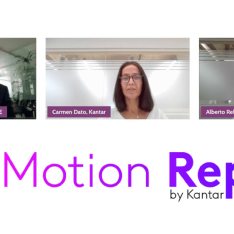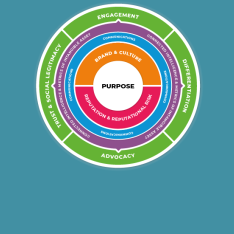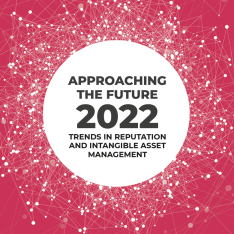
Loading...
Loading...
closesin datos
Sorry, no results were found. Try it again!
FILTROS


Página
of 1

THE LATEST TRENDS IN INTANGIBLES STRAIGHT TO YOUR INBOX
Leading by Reputation
Welcome subscriptor!
You will be able to access this content soon, but first log in.sign up for free
This content requires a subscription
If you still don’t cooperate with us,discover all the ways to do it.
Sign up for free and access all our open content.
Sign me upOr subscribe to access all content unlimitedly.
Loading...
closeLoading...
close

